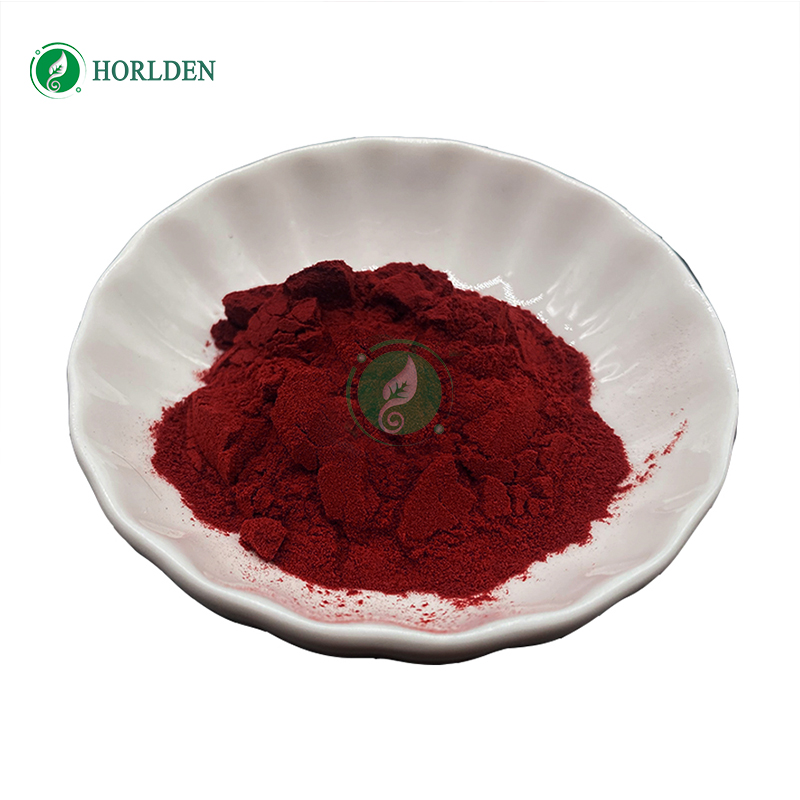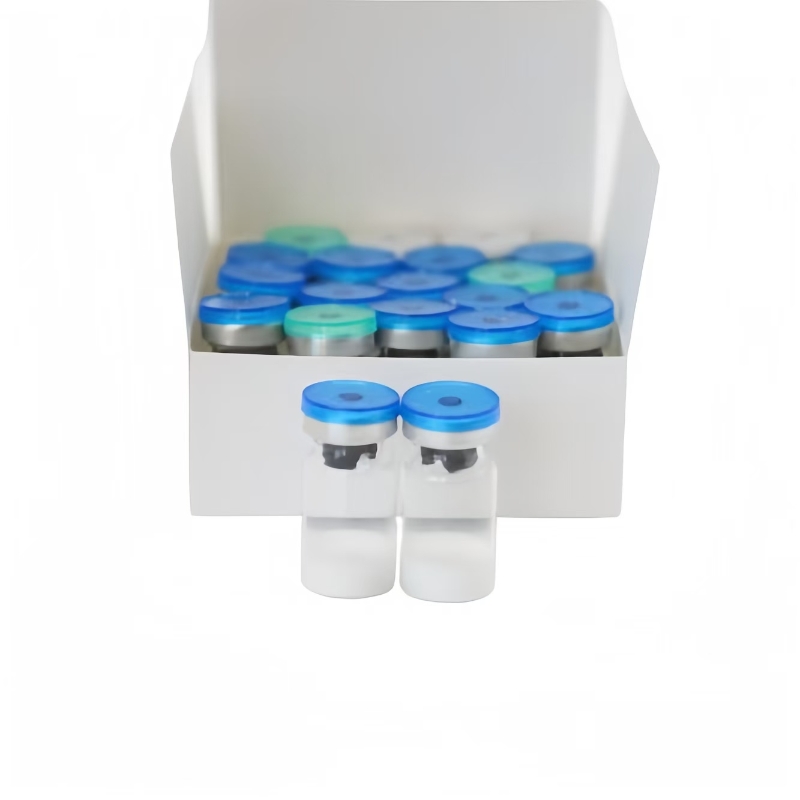-
Categories
-
Pharmaceutical Intermediates
-
Active Pharmaceutical Ingredients
-
Food Additives
- Industrial Coatings
- Agrochemicals
- Dyes and Pigments
- Surfactant
- Flavors and Fragrances
- Chemical Reagents
- Catalyst and Auxiliary
- Natural Products
- Inorganic Chemistry
-
Organic Chemistry
-
Biochemical Engineering
- Analytical Chemistry
-
Cosmetic Ingredient
- Water Treatment Chemical
-
Pharmaceutical Intermediates
Promotion
ECHEMI Mall
Wholesale
Weekly Price
Exhibition
News
-
Trade Service
Mesenchymal stem cells (MSCs) are considered to have great potential in the field of regenerative medicine with the goal of repairing damaged tissues
Mesenchymal stem cells exist in the bone marrow and are "pluripotent", which means that they can both self-renew and develop into various special cell types, such as bone, fat, and cartilage cells
CD73-positive mesenchymal stem cells have stronger proliferation ability and higher differentiation potential than CD73-negative mesenchymal stem cells, suggesting that this group of mesenchymal stem cells may be particularly effective for bone repair
When a fracture heals, it goes through different stages
The first author’s assistant professor Kenichi Kimura explained: “The production of callus is heavily dependent on the recruitment of mesenchymal stem cells from surrounding tissues and bone marrow
The team was able to observe cd73-positive mesenchymal stem cells moving to the fracture site, forming new cartilage and bone cells to heal the fracture
Finally, they continued to transplant cd73-positive mesenchymal stem cells into the fracture area, which significantly enhanced the healing process compared to transplanting cd73-negative mesenchymal stem cells
Assistant Professor Kimura said, "The identification of MSCs subgroups may have great benefits for regenerative medicine and fracture treatment
DOI
10.
Article title
Bone marrow CD73+ mesenchymal stem cells display increased stemness in vitro and promote fracture healing in vivo







